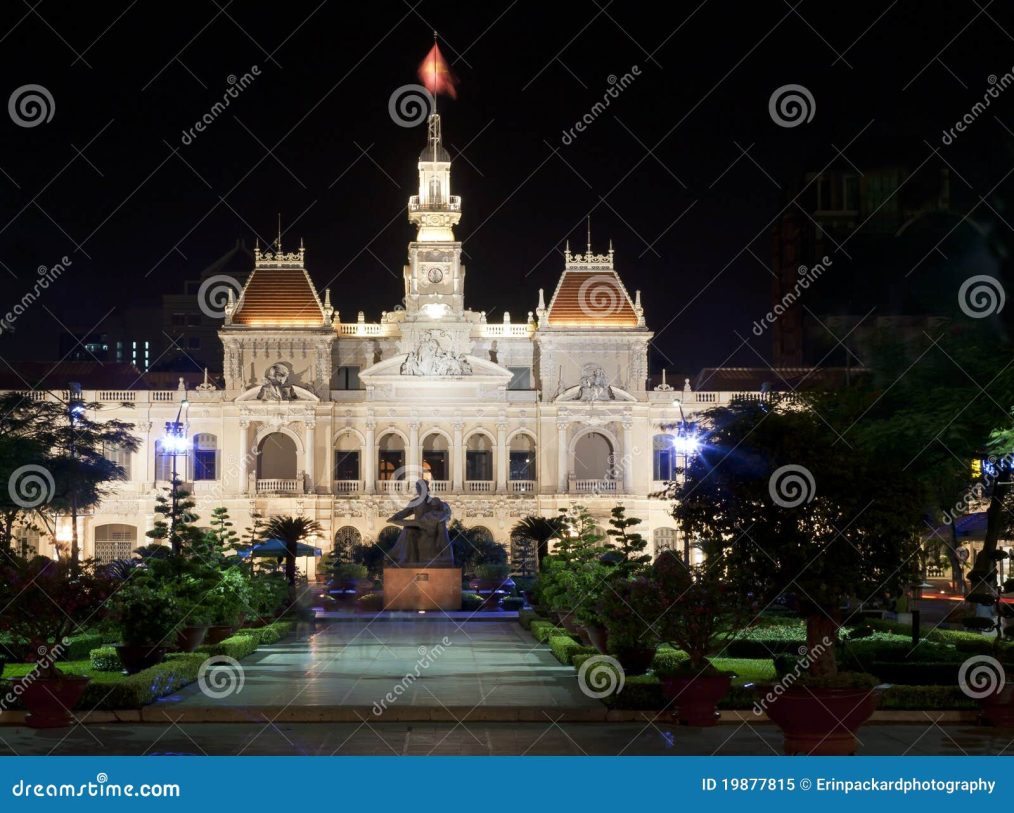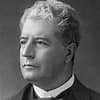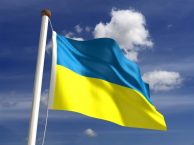
Vietnam’s Leaders to Ensure Control Under the Communist Party
Vietnam is currently experiencing a surge in global attention, transitioning from its former status of strategic obscurity to becoming a sought-after partner on the international stage. Previously overshadowed and little-known, Vietnam now finds itself courted by prominent figures such as US President Joe Biden and Chinese leader Xi Jinping, both of whom made visits to the country last year. This newfound interest culminated in the elevation of the US-Vietnam relationship to the highest level, termed a “comprehensive strategic partnership.”
Vietnam’s proactive engagement is evident through its participation in 18 existing or planned free trade agreements and collaborations on various fronts including climate change, supply chain resilience, and pandemic preparedness. Positioned as a significant player in the escalating US-China rivalry, Vietnam asserts itself in territorial disputes like the South China Sea and emerges as a viable alternative to China for manufacturing outsourcing.
Despite these shifts, Vietnam’s political landscape remains firmly under the control of the Communist Party, maintaining strict suppression of political dissent and opposition. As one of the few remaining Communist, one-party states globally, Vietnam prohibits political opposition and routinely incarcerates dissidents. Decision-making within the upper echelons of the party remains veiled in secrecy.
However, a leaked internal document from Vietnam’s highest decision-making body, the Politburo of the Central Committee, sheds light on the party’s perspectives regarding international partnerships. This document, known as Directive 24, warns against perceived threats to national security posed by external influences brought about by increased international ties. It underscores concerns about the formation of opposition groups and emphasizes the need for vigilance against potential sabotage and political transformation activities.
Interpretations of Directive 24 vary. While some view it as signalling an intensified crackdown on human rights activists and civil society groups, others perceive it as a pre-emptive measure to safeguard against perceived external interference. The timing of the directive, issued following the elevation of US-Vietnam relations and ahead of President Biden’s visit, suggests strategic considerations influenced its release.
Directive 24 underscores the delicate balancing act faced by Vietnam’s leaders as the country emerges as a global manufacturing and trading hub. Unlike China, Vietnam cannot isolate itself behind a digital firewall due to its reliance on foreign investment and technology. While Vietnam has entered into free trade agreements with clauses addressing human and labour rights, the directive indicates reluctance to fully adhere to these provisions.
Critics argue that Vietnam’s commitments to human and labour rights in trade agreements serve as mere veneers, concealing a political system unwilling to respect individual rights. The imprisonment of environmental and climate activists following the signing of significant energy transition partnerships underscores these concerns.
In a historical context, one-party Marxist-Leninist states have transitioned from being perceived as harbingers of progress to becoming anomalies in the contemporary political landscape. Vietnam’s leadership aims to maintain strict political control while exposing its populace to external influences, hoping to sustain economic growth amidst evolving global dynamics.




